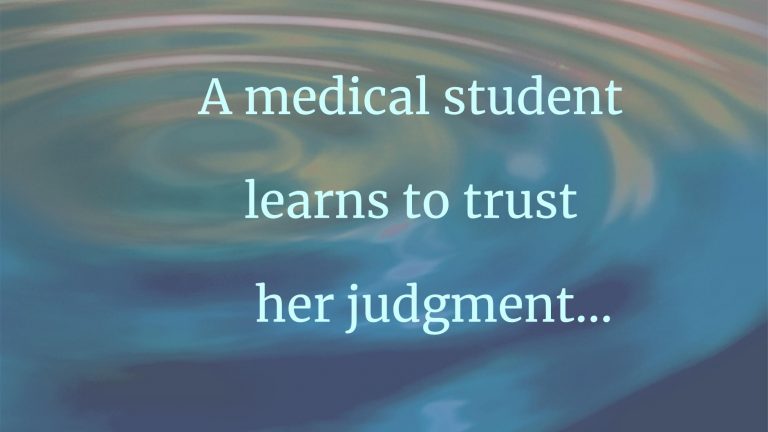
Playing the Odds
“The odds of anything going sideways are less than one in a hundred,” the cardiologist said.
I was only half listening—too busy signing the papers indemnifying the Medical Colossus against any undue outcomes from my pending cardiac catheterization and probable stent placement.
“Less than one in a hundred,” he repeated.
No problem, I thought.



